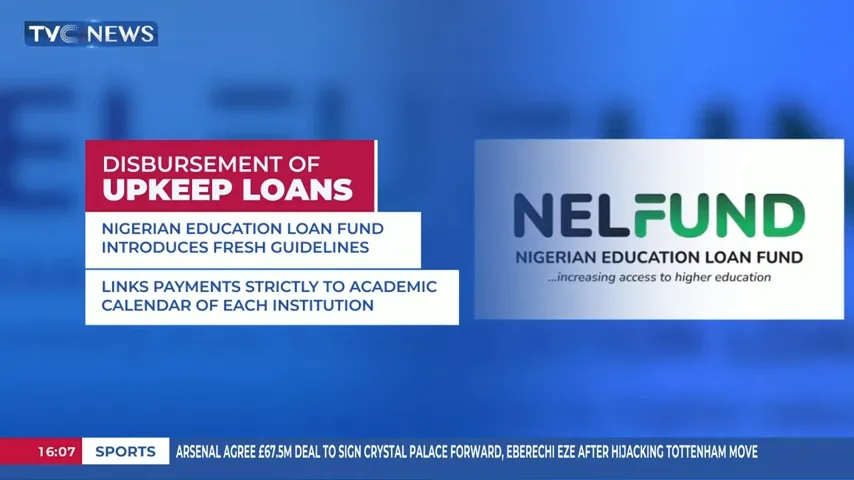When a Nigerian student clicks “Login” on the NELFUND portal, it’s more than a routine online action. It’s a small, almost quiet act of faith. Behind that simple form — email, password, submit — lies something far more meaningful: the belief that education should never be a privilege for the few, but a right for all.
The Nigerian Education Loan Fund (NELFUND) is no longer just a policy idea. It’s a living system, a real platform connecting hundreds of thousands of young people to a future that once felt financially out of reach. For many, the nelf.gov.ng login page is not just a website — it’s a lifeline.

| Field | Information |
|---|---|
| Institution | Nigerian Education Loan Fund (NELFUND) |
| Legal Mandate | Established under the Students’ Loans (Access to Higher Education) Act, 2024 |
| Portal URL | https://portal.nelf.gov.ng |
| Login Page | “Welcome to the Student Loan Portal” — requires email and password |
| Managing Director | Akintunde Sawyerr |
| Headquarters | Abuja, Nigeria |
| Founded | April 3, 2024 |
| Total Disbursement (as of mid-2025) | ₦73.1 billion to 366,247 students |
| Official Website | https://nelf.gov.ng |
Reference: NELFUND Official Website
Logging into NELFUND isn’t just about filling a form. It’s about opening a door that was, for decades, bolted shut to millions of students who couldn’t afford tuition. The platform itself is surprisingly user-friendly — clean layout, simple prompts, clear verification steps. Yet, beyond the design lies something deeper: trust.
Students enter their details, verify their schools, and wait. For some, the process feels seamless. For others, it’s an emotional rollercoaster — the anxiety of waiting for approval, the fear of missing deadlines, the hope that this time, the system will work for them.
In just one year, the portal has processed hundreds of thousands of applications. More than 845,000 students have registered, and thousands have already seen their tuition covered through interest-free loans. That’s not just data; that’s transformation — a generation finally getting breathing space.
But of course, not everything is perfect. Some students complain about login issues. Others get stuck in verification loops or face school data mismatches. It’s a new system, still growing, still learning. The promise is real, but so are the challenges.
Still, the effort is monumental. By integrating real-time data from universities, JAMB, and NIN, NELFUND is building a system that’s both transparent and scalable — something rare in Nigeria’s public sector. This is more than bureaucracy; it’s a digital reform story.
Critics, naturally, have their concerns. Will repayment really start only two years after NYSC? Will 10% salary deductions be fair in an economy where jobs are scarce? These are valid questions — ones that must be addressed openly if the fund is to stay credible.
But perhaps, the real beauty of NELFUND lies in its intent. It’s the first time the Nigerian government has said, in action not words, “We see you. We believe your dreams matter.” That message alone can shift the national psyche.
A student from Kaduna once shared online, “When my NELFUND loan came through, I cried. Not because of the money, but because someone finally thought I deserved a chance.” That’s the kind of emotional reality this portal now carries.
In the future, NELFUND could do even more. With smarter algorithms, it could tailor repayment plans based on income levels — making the system fairer and more humane. With stronger partnerships, it could expand to vocational centres, not just universities. And with more openness, it could build real trust, not just compliance.
Every login is a story — a student fighting to stay in school, a parent breathing easier, a nation investing in its own promise. It’s not perfect yet, but it’s progress.
And in a country where progress often feels slow and uncertain, that little blue “Login” button on nelf.gov.ng might just be one of the brightest symbols of hope we have.

